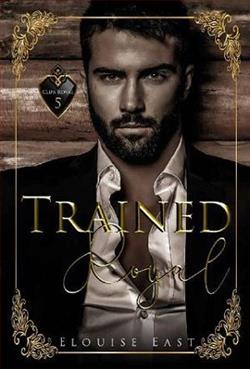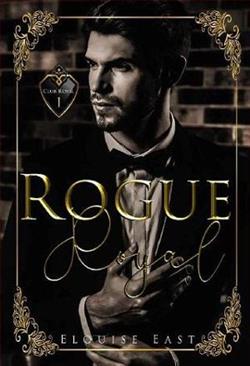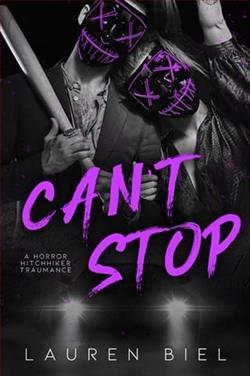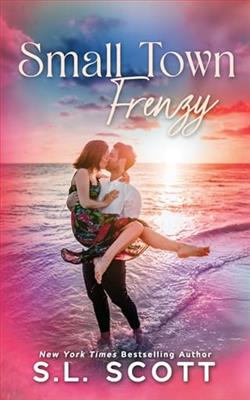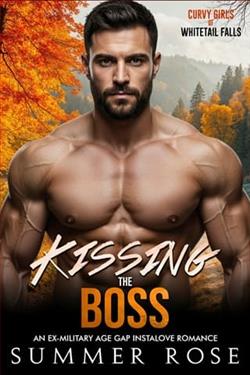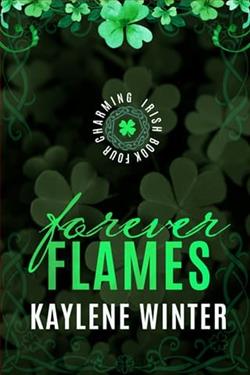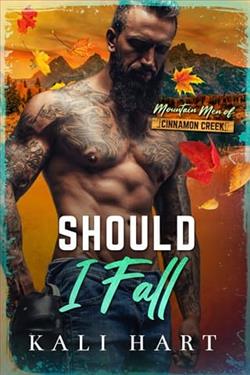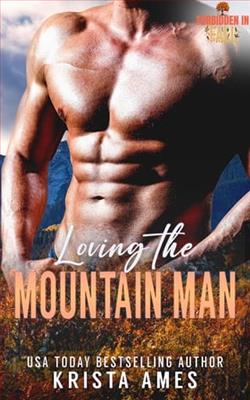Page 77 of The Future Is Blue
“Don’t be doltish,” an Incarnadine Fisherwoman said. She must have been a good fisherwoman as she had eight vermillion catfish hanging off her belt and some of them were still opening and closing their mouths, trying to breathe water that had vanished like a mask. “You’re one of us.”
So my sorrow swam through the wall. She got into the scarlet water which rose all the way up to her eyeballs but she didn’t mind. I rode her like sailing a boat and the red water soaked the train of my red death dress and magenta dolphins followed along with us, jumping out of the water and echolocating like a bunch of maniacs and the Sparrowbone Mask of the Incarnadine Fisherwomen said:
“I am beginning to remember who I am now that everything is red again. Why is anything unred in the world? It’s madness.”
Jellyfish hid her lavender face in her watermelon-colored hooves and whispered:
“Please don’t forget about me, I am water soluble!”
I wondered, when the river crashed into the longest wall in the world, a red brick wall that went on forever side to side and also up and down, if the wall had a name. Everything has a name, even if that name is in Latin and nobody knows it but one person who doesn’t live nearby. Somebody had tried to blow up the wall several times. Jagged chunks were missing; bullets had gouged out rock and mortar long ago, but no one had ever made a hole. The Incarnadine River slushed in through a cherry-colored sluice gate. Rosy sunlight lit up its prongs. I glided on in with all the other fisherwomen like there never was a wall in the first place. I looked behind us—the river swarmed with squirrels, gasping, half drowning, paddling their little feet for dear life. They squirmed through the sluice gate like plague rats.
“If you didn’t have that mask on, you would have had to pay the toll,” whispered Jellyfish.
“What’s the toll?”
“A hundred years as a fisherwoman.”
Cranberry-on-Claret is a city of carnelian and lacquerwork and carbuncle streetlamps glowing with red gas flames because the cities of the Red Country are not electrified like Plum Pudding and Lizard Tongue and Absinthe. People with hair the color of raspberries and eyes the color of wood embers play ruby bassoons and chalcedony hurdy-gurdies and cinnamon-stick violins on the long, wide streets and they never stop even when they sleep; they just switch to nocturnes and keep playing through their dreaming. When they saw me coming, they started up My Baby Done Gone to Red, which, it turns out, is only middling as far as radio hits go.
Some folks wore deaths like mine. Some didn’t. The Ordinary Emperor said that sometimes the dead go to the Red Country but nobody looked dead. They looked busy like city people always look. It was warm in Cranberry-on-Claret, an autumnal kind of warm, the kind that’s having a serious think about turning to cold. The clouds glowed primrose and carmine.
“Where are we going?” asked my watercolor unicorn.
“The opera house,” I answered.
I guess maybe all opera houses are skulls because the one in the Red Country looked just like the one back home except, of course, as scarlet as the spiral mouth of a mask. It just wasn’t a human skull. Out of a cinnabar piazza hunched up a squirrel skull bigger than a cathedral and twice as fancy. Its great long teeth opened and closed like proper doors and prickled with scrimshaw carving like my Papo used to do on pony-bones. All over the wine-colored skull grew bright hibiscus flowers and devil’s hat mushrooms and red velvet lichen and fire opals.
Below the opera house and behind they kept the corrals. Blue stories milled miserably in pens, their sapphire plates drooping, their eyes all gooey with cataracts. I took off the Sparrowbone Mask of the Incarnadine Fisherwomen and climbed down my sorrow.
“Heyo, beastie-blues,” I said, holding my hands out for them to sniff through the copper wire and redwood of their paddock. “No lachrymose quadrupeds on my watch. Be not down in the mouth. Woe-be-gone, not woe-be-come.”
“That’s blue talk,” a boy-story whispered. “You gotta talk red or you get no cud.”
“Say what you mean,” grumbled a girl-story with three missing scales over her left eye. “It’s the law.”
“I always said what I meant. I just meant something very fancy,” sniffed a grandfather-story lying in the mud to stay cool.
“Okay. I came from the Purple Country to find a boy named Orchid Harm.”
“Nope, that’s not what you mean,” the blue grandpa dinosaur growled, but he didn’t seem upset about it. Stories mostly growl unless they’re sick.
“Sure it is!”
“I’m just a simple story, what do I know?” He turned his cerulean rump to me.
“You’re just old and rude. I’m pretty sure Orchid is up there in the eye of that skull, it’s only that I was going to let you out of your pen before I went climbing but maybe I won’t now.”
“How’s about we tell you what you mean and then you let us out and nobody owes nobody nothing?” said the girl-story with the missing scales. It made me sad to hear a story talking like that, with no grammar at all.
“I came from the Purple Country to find Orchid,” I repeated because I was afraid.
“Are you sure you’re not an allegory for depression or the agrarian revolution or the afterlife?”
“I’m not an allegory for anything! You’re an allegory! And you stink!”
“If you say so.”
“What do you mean then?”








